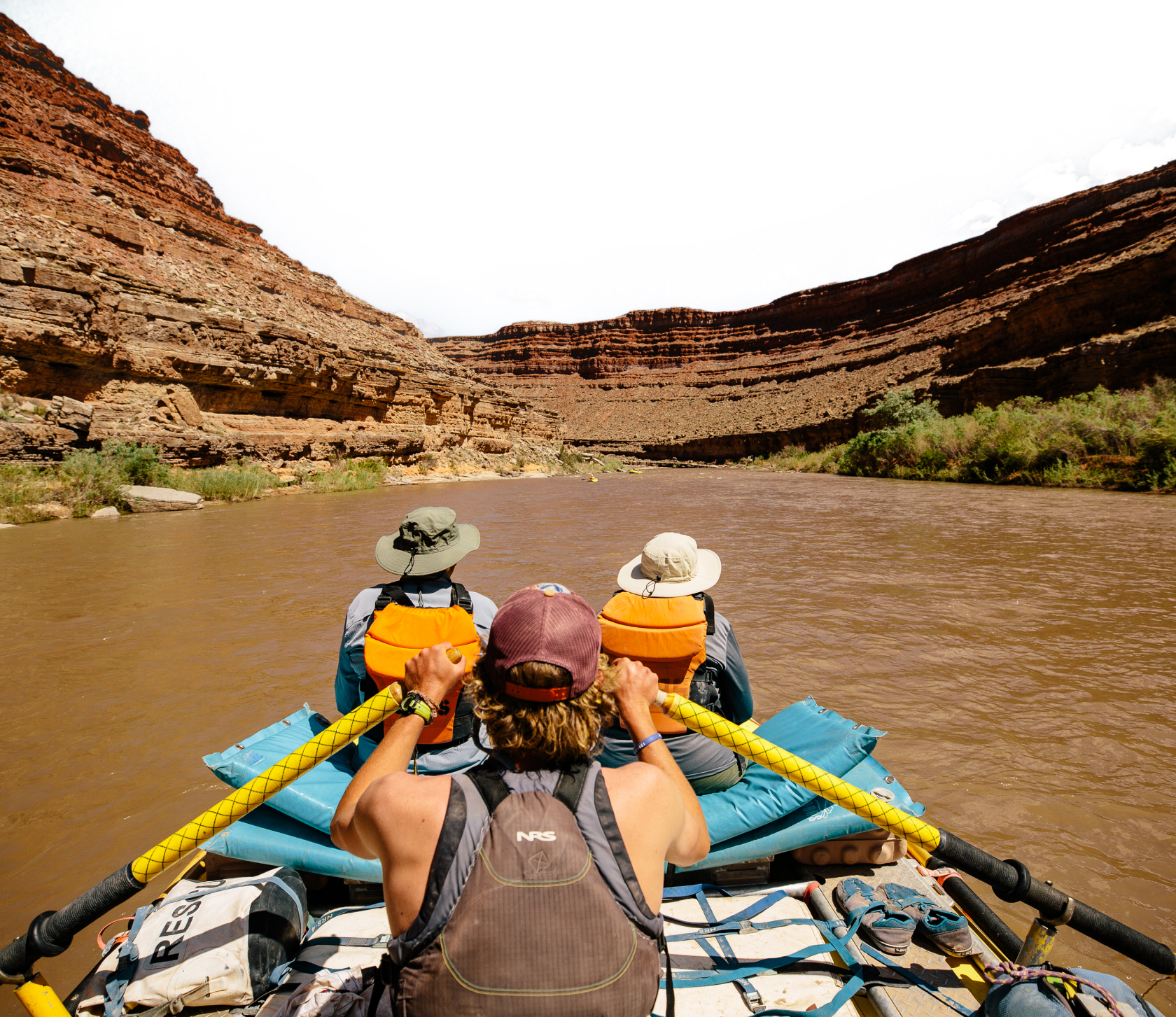Find Your Adventure
Can’t Decide?
Use our Compare tool to find your perfect Adventure.
Learn more about OARS Trips
Call toll-free 1(800)346-6277

Use our Compare tool to find your perfect Adventure.
Call toll-free 1(800)346-6277

Select up to 3 trips to compare